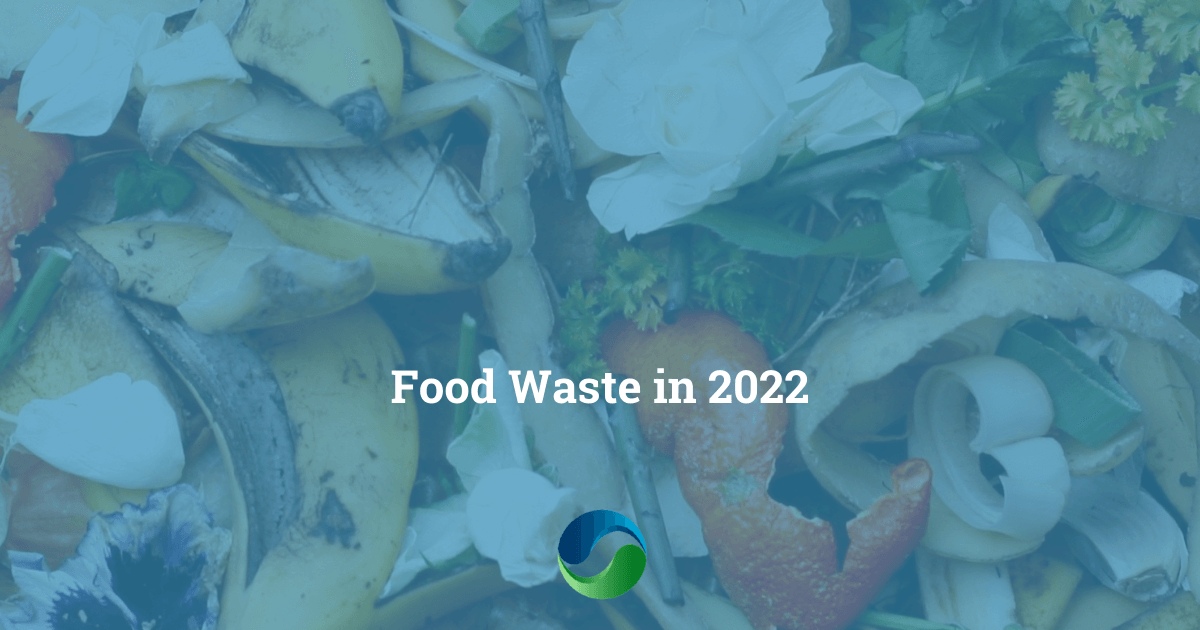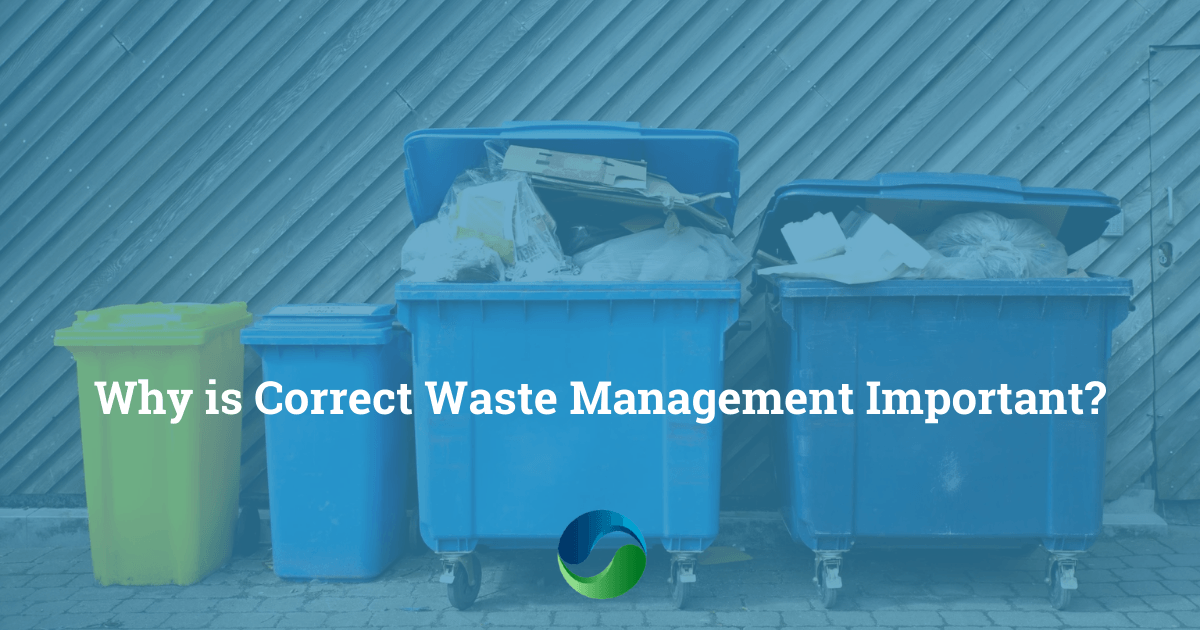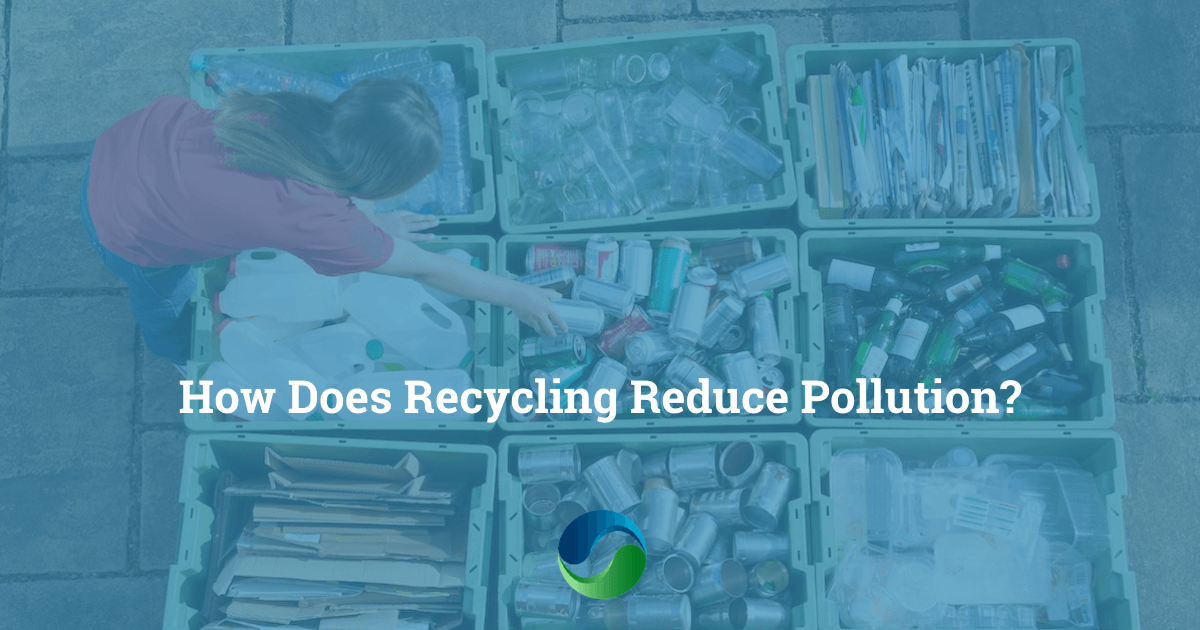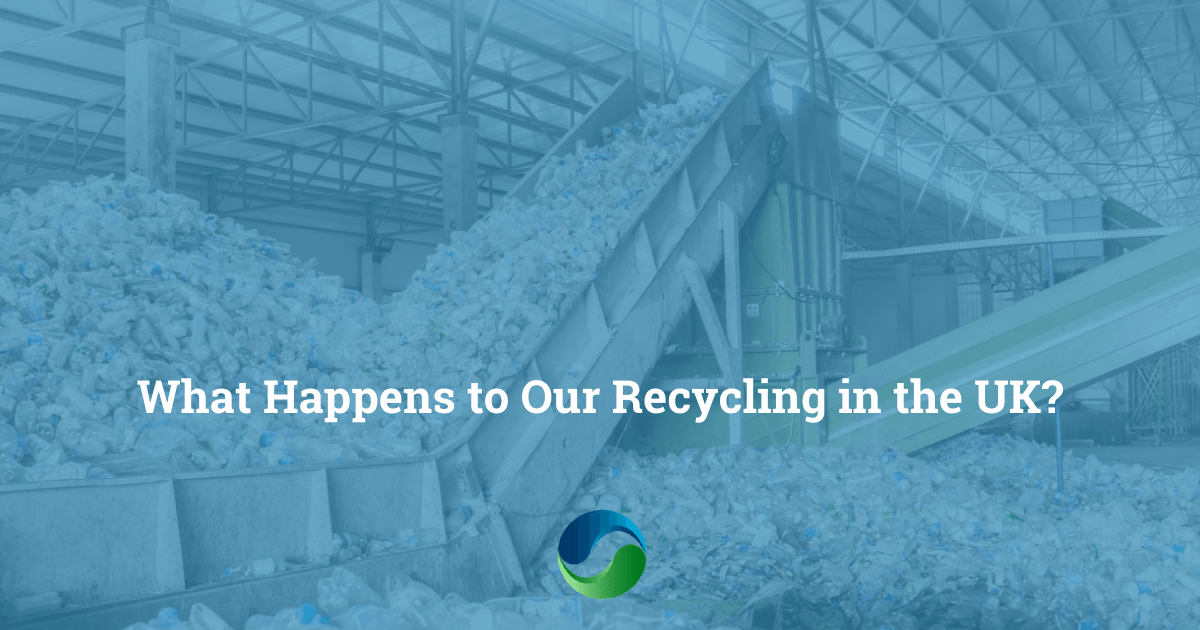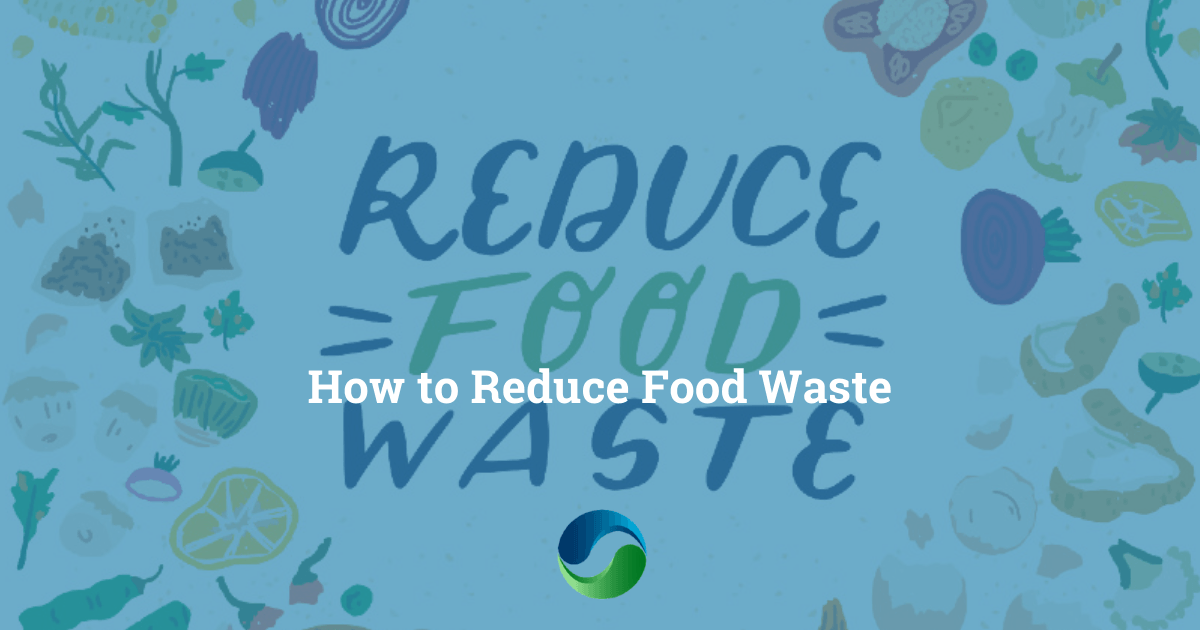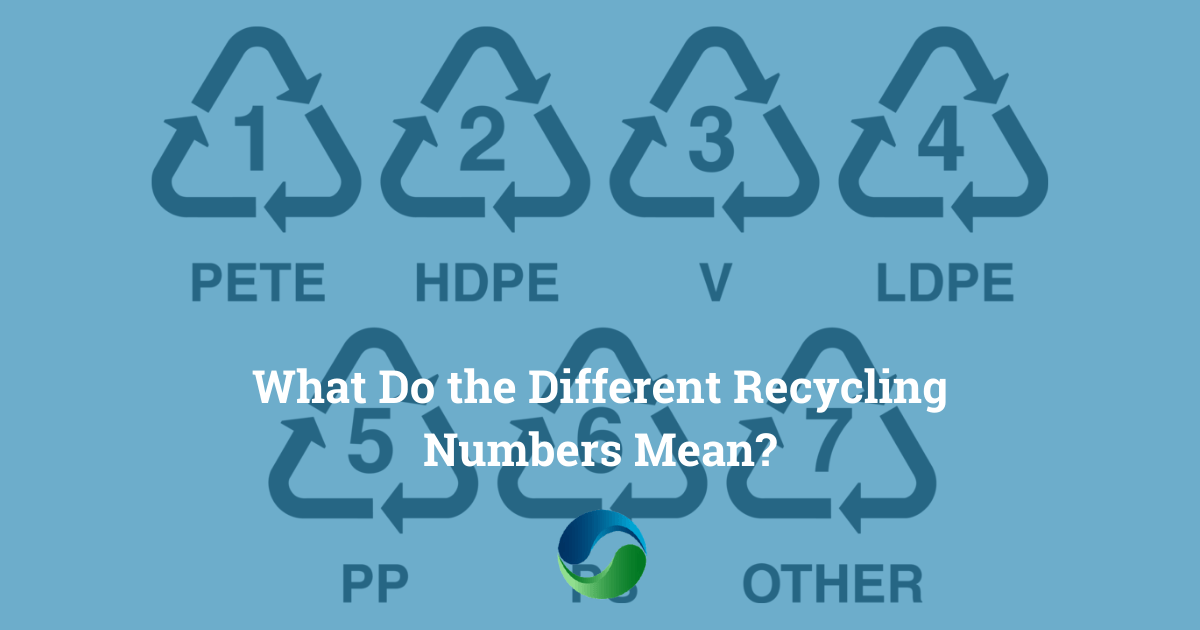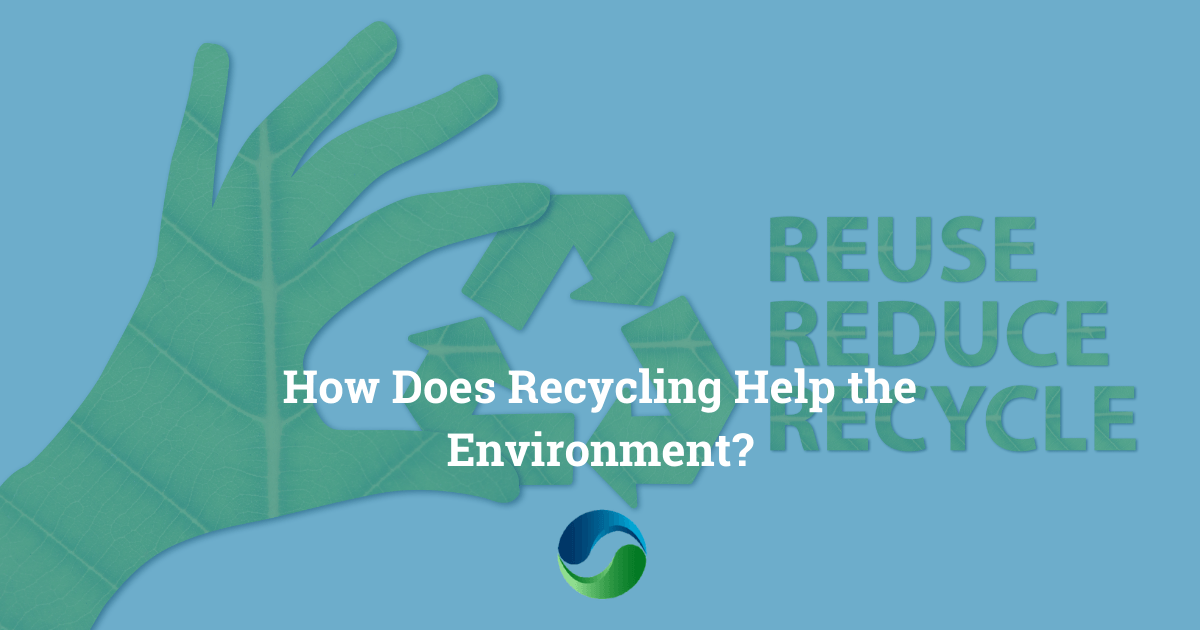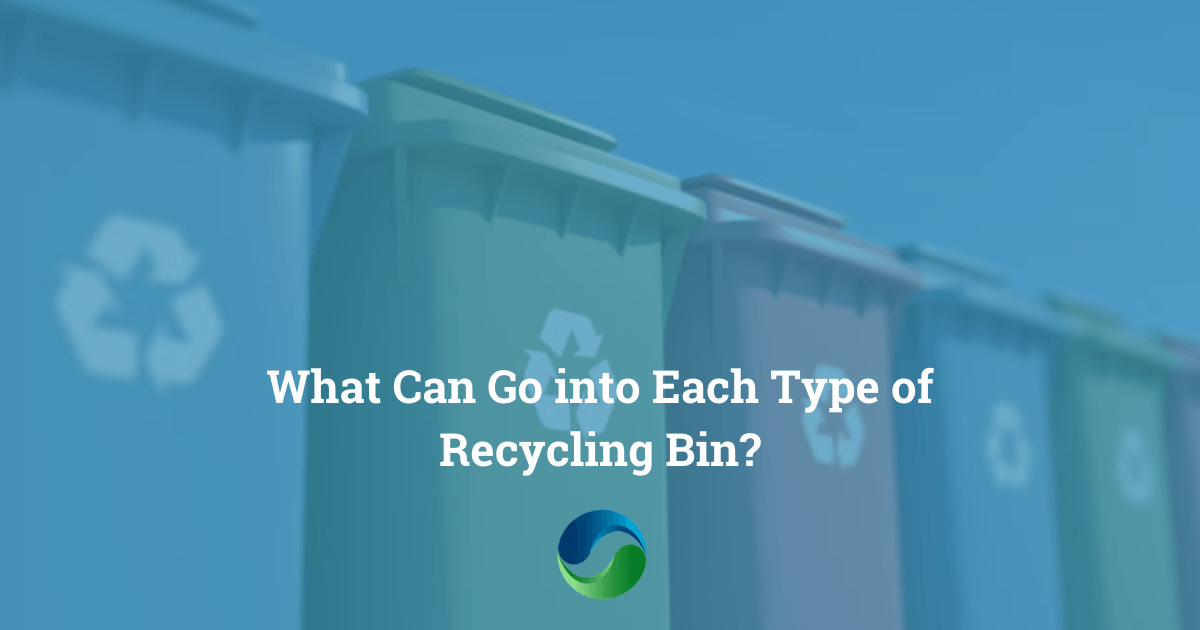
We've all been guilty of leaving some leftovers on our plates at one time or another, whether you're eating out and aren't enjoying your meal or trying to avoid eating your vegetables. While this problem may appear to be insignificant, food waste is a global environmental issue that must be addressed immediately - here's why.
What is Food Waste and Why is it a Problem?
Food waste is the food that has been thrown away without being consumed. It can be either raw or cooked, and it's usually a result of oversupply from restaurants, cafés , supermarkets, and so on. This means that not only are we wasting resources by producing more than needed in order to make money off customers who will then throw their leftovers out after eating; but also taking up space in landfills with biodegradable material which could have otherwise been used for something else! However if we look at this problem from another angle - there's an even bigger issue here: our planet cannot sustain all its people when they're living such wasteful lifestyles.
Food waste is a significant concern due to the amount created each year. In reality, in the UK alone, we discard 9.5 million tons of food waste every year. The majority of food waste ends up in a landfill site, which is already overcrowded. While many people don't consider this to be an issue because food items naturally decompose over time, it contributes significantly to global warming.
This is due to food waste releasing a large quantity of methane gas as it decomposes. According to data from the EPA, methane is 25 times more harmful than carbon dioxide because it can trap heat in the atmosphere.
What are the Main Causes of Food Waste?
The main causes of food waste are:
- Buying too much food and not using it in time
- Preparing more than needed for a meal and leftovers being thrown away
- Restaurants, cafés and supermarkets oversupplying dishes or products which leads to them being wasted.
- Consumer's lack of awareness of expiration dates, leaving food to go bad instead of being consumed.
Food Waste Facts of the Previous Year (2021)
- The total amount of food wasted was 1.3 billion tonnes, which is about one third of the food produced.
- The United Kingdom generated over 9.5 million tons of food waste, with 70% coming from households.
- The most frequent type of food waste in the UK is fresh vegetables and salad. In the UK, 28% of all food waste comes from vegetables and salad.
- On average, a British family discards approximately £810 worth of food each year.
- The amount of carbon generated by wasted food in the United Kingdom is comparable to that released by one fifth of the country's vehicles on the road.
How Can We Reduce Food Waste?
Fortunately, there are a variety of methods to reduce food waste. Here are some great examples of how we can go about it:
At Home
Every day, in our homes, we produce food waste. However, it can be significantly reduced by:
- Organising your meals ahead of time so that you understand exactly what you'll consume from the shop and don't waste money on items that won't be consumed.
- Consider cooking larger quantities of food in bulk and storing any leftovers for later.
- Set up a compost heap in your garden.
- Regularly cleaning out your fridge, keeping track of all expiration dates.
At Supermarkets
It's believed that approximately 30 million people could be fed with the UK's total food waste each year. Supermarkets have an obligation to minimise food waste as much as possible owing to this. This can be done by doing the following:
- Make sure your staff is educated on how to prevent food waste.
- Keeping track of inventory to ensure that everything purchased is sold.
- Produce that is not aesthetically appealing, but still edible, should be sold and eaten - rather than discarding it.
- Donate any extra waste to charity.
As you can see, food waste is a big concern for our environment and our planet's sustainability - but we have the tools to reduce it. Food waste is an increasing problem in the UK, affecting a wide range of industries. This is especially true as so much food goes into rubbish bins rather than being eaten. As a result, having an effective and dependable
food waste management solution, that we offer here at
Materials Recovery, is critical for businesses, ranging from grocery stores to restaurants.

